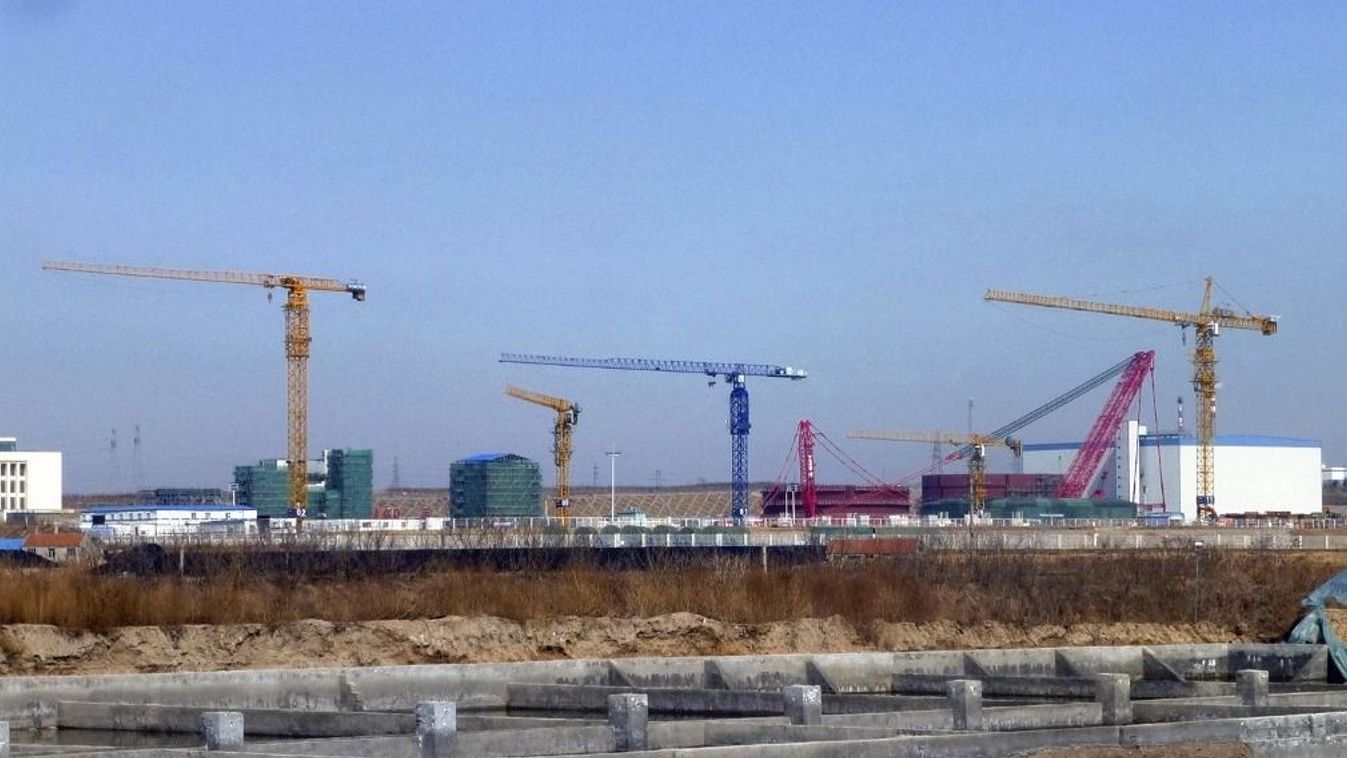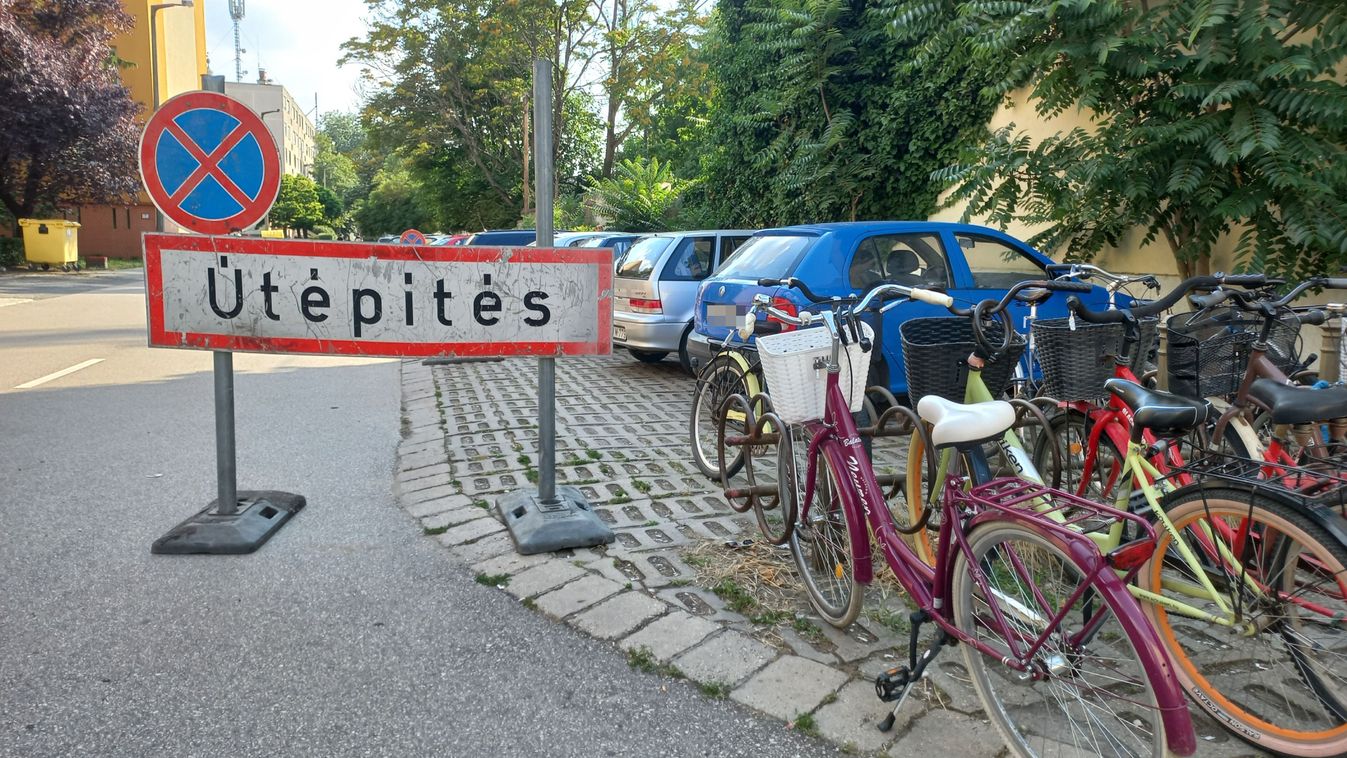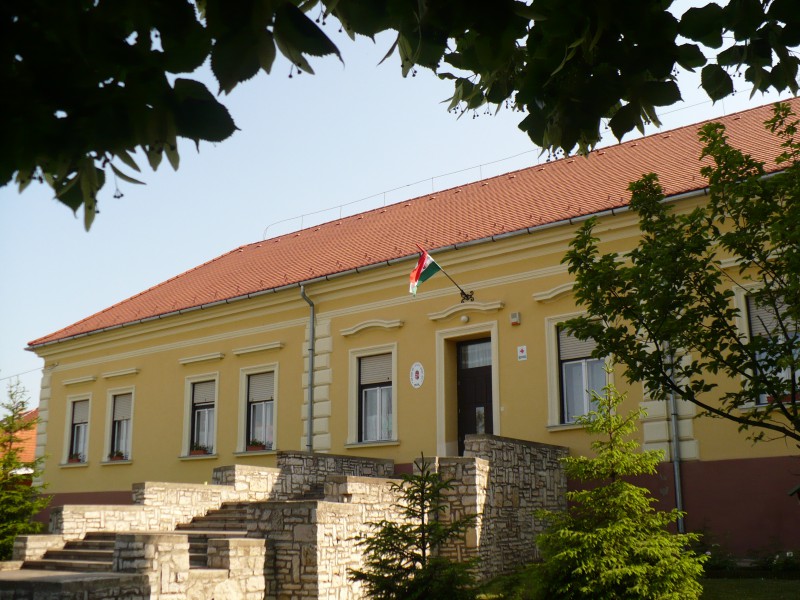In nearly ten years, Hungarian public education, conservative and highly segregated, has improved almost nothing in finding and developing talented children from poor family backgrounds – and in this regard, European education systems have failed miserably.
We recently wrote about the surprisingly widening social inequalities inherent in access to Hungarian higher education, and that although the proportion of Hungarian graduates is very low in the EU, the expansion of access to Hungarian higher education has not led to an increase in access for the disadvantaged. Moreover, it actually decreased, but increased in well-off areas, so the slope became steeper.
And this time, we examine Hungarian public education data from a similar perspective, with the help of Julia Varga, a researcher at the Institute of Economics at the Center for Economic and Regional Sciences Research, who also presented these calculations, among many other claims, at the Education Momentum conference.
In any case, after the adoption of the status law, numerous teacher strikes, acts of disobedience, a wave of resignations, heavy workloads and unpaid wages for teachers in Hungarian public education came to the forefront of public discourse – this is understandable, but for this reason it is worth drawing special attention. Specific to other structural problems.
Where were you born?
We have already heard from many educational researchers that one of the biggest problems of Hungarian public education, which is sliding towards the Balkan level, is that it is unable to have a balanced impact on socio-economic differences, and in fact, as an indirect consequence of educational management, the system does not It only magnifies these differences. Experts infer this from a number of different statements, but the two figures below illustrate the phenomenon in an easy-to-understand and surprising way – as well as how far behind Hungarian education is in this area.
Let’s start from the PISA survey data – the performance of Hungarian 15-year-old students and the decline in performance in 2012-2014 is also weak in the regional comparison, but it does not jump, as can be seen in the figure below.
However, the average values hide this
- The difference in test scores by family background in Hungary is – by far – the largest in Europe, and
- The proportion of variance in performance explained by family background is largest in Europe.
The grade difference between the best achievers and the lowest achievers is largest in Hungary – there is a difference of approximately 3 to 4 school years between the best and worst 15-year-olds. Incidentally, this rate is similarly high in Germany, but there is at least a somewhat smaller share of achievements explained by family background. The latter is approximately 20 percent in Hungary. The effect of family background on school performance is calculated using statistical methods, an index describing the family background assigned to each student, and regression estimates using individual performance data.
The figure below shows that the two indicators mentioned above, which are of course also linked, are nowhere more unfavorable in Europe than in our country.
You stay here
Why is this country useful if it is not located at the end of the chart above near Hungary? For example, because the entire country benefits from the performance and work of underprivileged talents “found” with the help of education. This dimension of equality of opportunity is captured by the percentage of students who perform well, i.e. belong to the best quartile, but have a poor family background, i.e. belong to the worst quartile according to the family background index, in the education systems of different countries. .
In Hungary in 2018, this proportion was the second smallest (7.7) in Europe – only Bulgaria had a smaller number of high-achieving students with poor family background (6.5).
The situation becomes sadder if we take a look at the 2009 percentage in the European comparison. With a Hungarian rate of 6.4% at that time, we were ahead of Bulgaria, Romania, the Czech Republic, Slovakia, Austria, Germany, Lithuania, Slovenia, Denmark and the United Kingdom.
As a result, between 2009 and 2018, all of these countries, with the exception of Bulgaria, significantly increased the equality of opportunity in their education system: Romania increased the proportion of high-achieving students from poor family backgrounds from 2.5 percent to 8.8 percent, and Austria from 4.8 percent. percent to 10 percent, Slovakia from 5.3 percent to 9.1 percent, and Germany from 5.7 percent to 10.4 percent.
So there is only one country, Bulgaria, where education, in international comparisons, in 2009 and 2018, performed worse than that of Hungary in finding well-performing students from poor family backgrounds.
I will be a G7 supporter!
Support/one-time subscription
Public Life Data Tracks Educational Inequality in Public Education Read more in this category












































